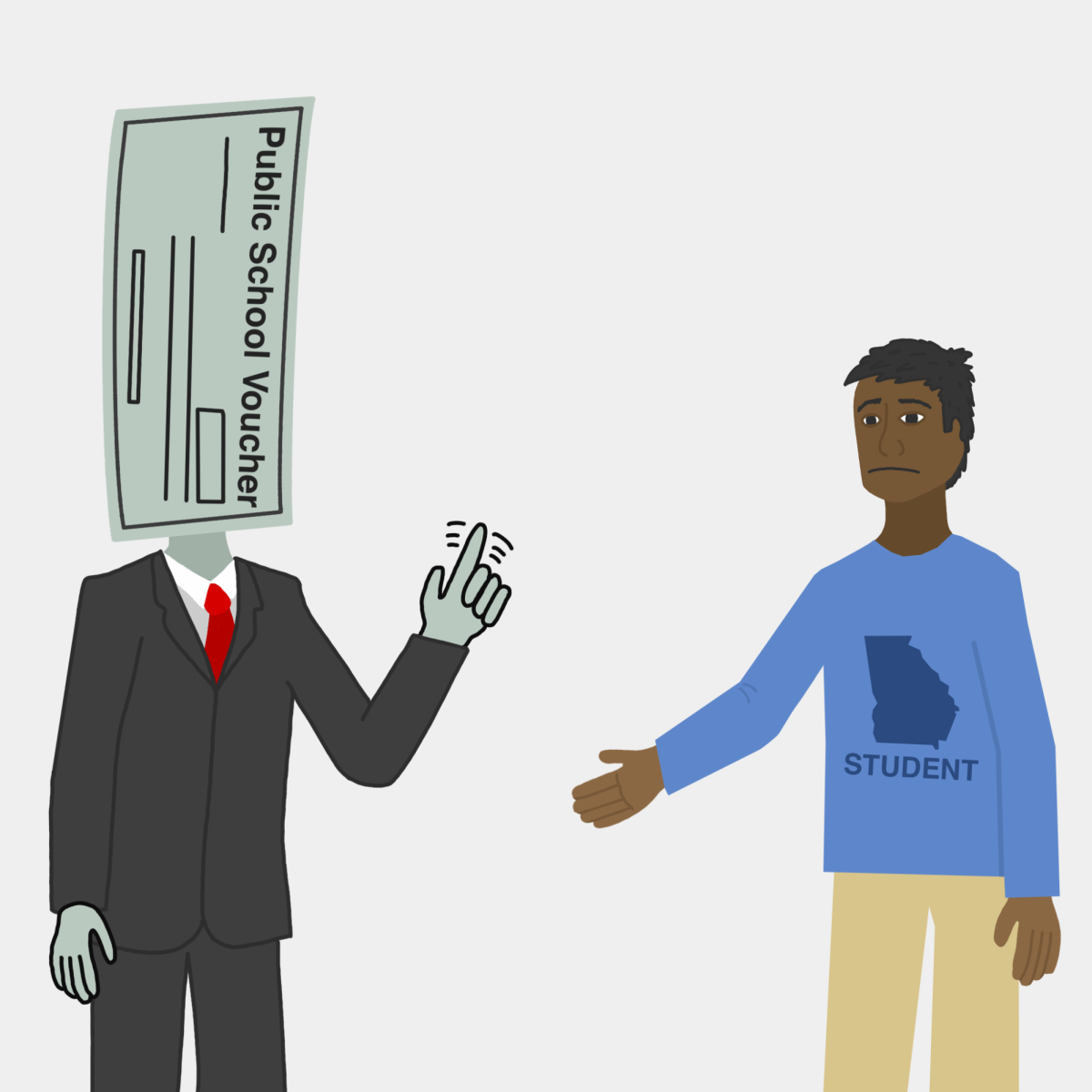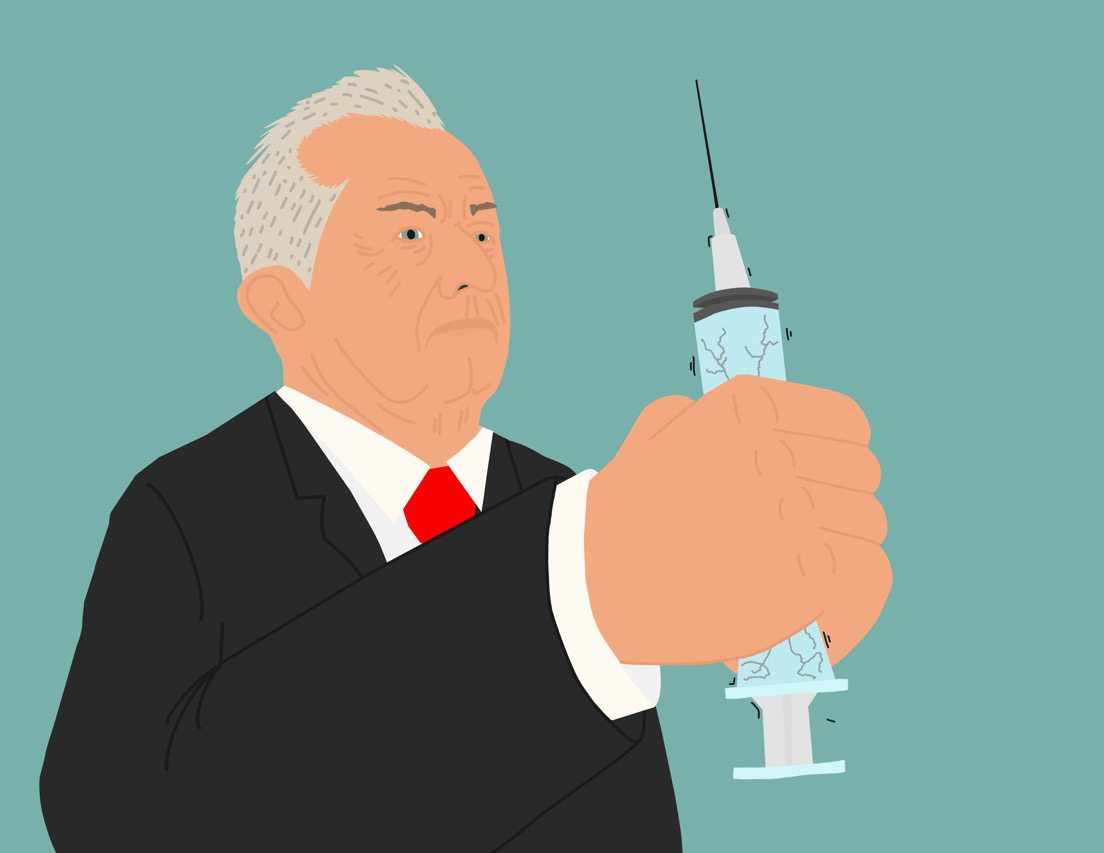Since my elementary school days spent exploring tide pools on the coast, science has captivated my curiosity. It’s the magic that outlasted the wonder of Santa Claus. As I’ve grown older, I have developed a new appreciation of science as a powerful tool to solve the world’s biggest problems and mysteries. Scientific achievements, however, are often drastically diminished by widespread scientific illiteracy and denial. It was only this year that I became aware of the extent to which mainstream society resists and undermines scientific discovery.
Last spring, impressionable freshmen biology students at Grady were given a district-made PowerPoint assignment which cast doubt upon evolution and promoted creationism. The presentation was posted to the system’s file sharing website for any APS teacher to download and use in the classroom. Parent reaction to the PowerPoint assignment, led The Southerner to write a story about the PowerPoint. Published in May, the story received both local and national media attention. This fall, I began researching to write a follow-up story. It became clear the issue was neither clear-cut nor isolated.
To fully understand the issue, I talked with experts in various fields. Without exception, each expert I consulted said unequivocally that creationism had no place in a science classroom. My school community, however, did not talk as readily. One of the science teachers advised me to speak with her lawyer, and many of the parents and students I talked to just didn’t seem to understand the magnitude of the issue.
What I have always admired about science is its ability to uncover the truth with a question, hypothesis and experiment. Although there are many potential setbacks in any field or subject, I had no idea the leading obstacle to science is that the society it serves often chooses to turn a blind eye to the truth.
According to a 2014 report by the Pew Research Center, a minority of Americans accepts the scientific explanation for the origins of human life. While 87 percent of scientists say humans and other living things have evolved over time, only 32 percent of the public accepts this conclusion as true. Additionally, just 49 percent of the public says the Earth is getting warmer due to human activity, a near consensus among scientists at 84 percent. There also are wide popular differences over issues upon which the scientific community has reached consensus: funding embryonic stem cell research, supporting universal child vaccinations and curbing offshore oil drilling.
There is a difference, however, between scientific illiteracy and ignorance. Those who choose to believe climate change is a political sham when presented with fact, also decide not to vaccinate their children after a multitude of scientific studies prove the risks of vaccinating are infinitesimal while the risks of not vaccinating are devastating. They reject stem cell research as immoral or dismiss evolution on the basis of religion. People consistently pit ideology against scientific fact in the belief that they are being true to their faith. But the refusal to accept science isn’t pious; it’s ignorant.
On the other hand, children in the science classrooms don’t have a choice. They suffer from the education legislation and policy put in place by ignorant people and those politicians who serve them. This ignorance has infected the classroom and caused scientific illiteracy to plague the nation.
According to a 2014 poll conducted by the National Science Foundation, one in four Americans does not know the Earth orbits the sun. The poll also revealed that the majority of Americans think astrology (prediction of the future through horoscopes and star alignment) is science and do not know humans evolved from earlier species of animals. The poll asked rudimentary questions on basic science knowledge; the average score was 6.5 out of 10.
Issues such as climate change, deforestation, ozone depletion, ocean acidification and exponential population growth will become more and more prominent this century. The next generation may be left without a basic understanding of these issues, let alone the skills to solve them. Science is the key to progress, but without proper research funding, legislation and action, no progress can be made.
The debate in science classrooms at my school—and in classrooms across the nation—is not just a debate of evolution versus creationism. The debate is society versus science: two different spheres which must not only coexist but thrive together in order for both to survive and prosper.






